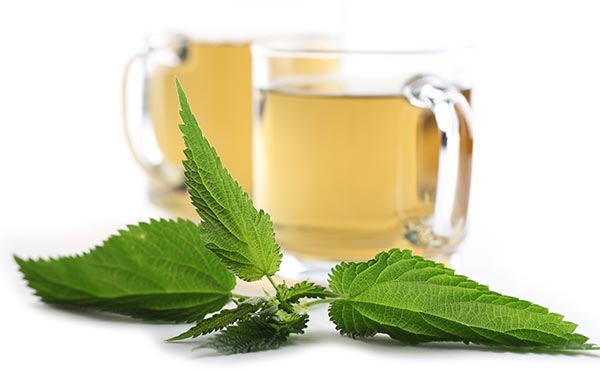BY: Jennifer Baker Lachnicht, RD, LD, CNSC Diabetes and Nutrition Education, Northside Hospital
Detox diets seem to be everywhere these days. “The Clean Detox,” “The Master Cleanse” and “The Lemonade Diet” are just a few examples of extreme diets made popular by celebrities. According to some starlets, these diets do more than just make them look red carpet ready; they eliminate toxins, increase energy levels and promote longevity. Still, dieters should be wary of the benefits of such restrictive regimens, and for good reason.
Detox diets usually involve some sort of restricted food intake or period of food deprivation (fasting) and sometimes rely on liquid nutrition from fruits and vegetables (juicing). Many also involve “cleansing” products such as herbal laxatives and diuretics. Advocates claim that these practices can aid in weight loss, decrease bloating and improve focus. Others even go so far as to suggest that detox diets can cure or prevent diseases such as cancer. However, there is no evidence of any health benefit to this type of extreme ay of eating.
 Above all, detox diets are supposed to rid the body of unwanted toxins. However, your body is already perfectly equipped to detoxify itself from everyday environmental toxins. In fact, plans that involve extreme calorie (especially carbohydrate) restriction may actually do the opposite and cause an increased production of ketones in the body. Ketones are toxic by-products that are produced when your body breaks down fat and muscle for energy because it is not getting enough carbohydrates.
Above all, detox diets are supposed to rid the body of unwanted toxins. However, your body is already perfectly equipped to detoxify itself from everyday environmental toxins. In fact, plans that involve extreme calorie (especially carbohydrate) restriction may actually do the opposite and cause an increased production of ketones in the body. Ketones are toxic by-products that are produced when your body breaks down fat and muscle for energy because it is not getting enough carbohydrates.
Bottom line, any diet that restricts calories will cause you to lose weight. However, any diet that severely limits certain food groups also puts you at risk for protein, vitamin and mineral deficiencies. Dehydration and electrolyte imbalances are also a possibility, which can be very dangerous and even potentially life-threatening. It may sound cliché, but if you truly want to “detox,” the best approach is to eat clean.
It may sound cliché, but if you truly want to “detox,” the best approach is to eat clean:
■ Eat more fruits, veggies and whole grains.
■ Drink plenty of water, without going to extreme measures.
■ Limit your intake of red meat, processed foods, sugar and alcohol.
■ Stop smoking.
■ Don’t skip meals.
■ Get enough sleep.
These simple and moderate changes will leave you feeling more healthy and energized for long term health and wellness.
If you still want to try a detox diet, consult with your physician first. Certain groups of people should never use a detox diet. These include children of all ages, pregnant women and individuals with diabetes.
















